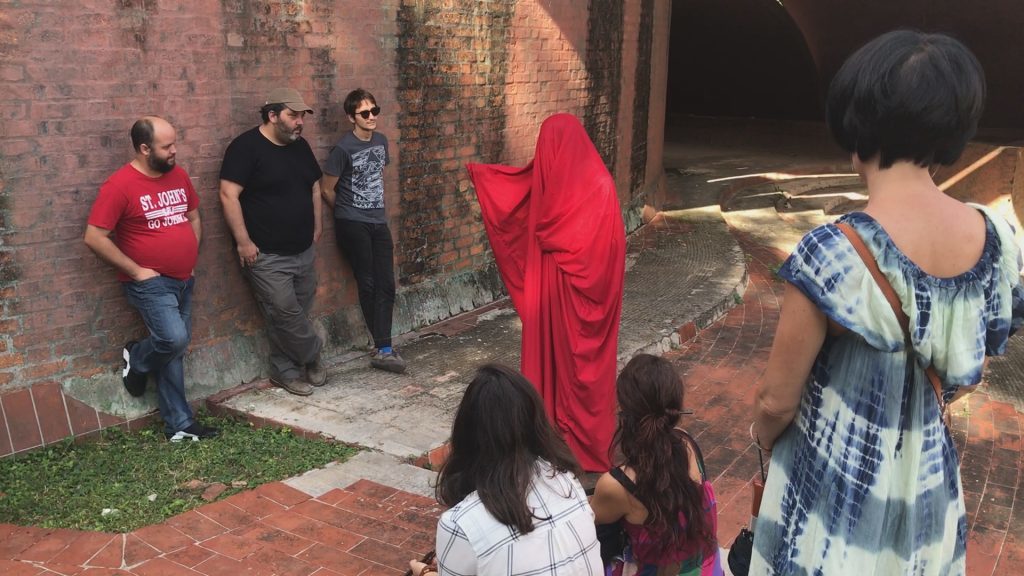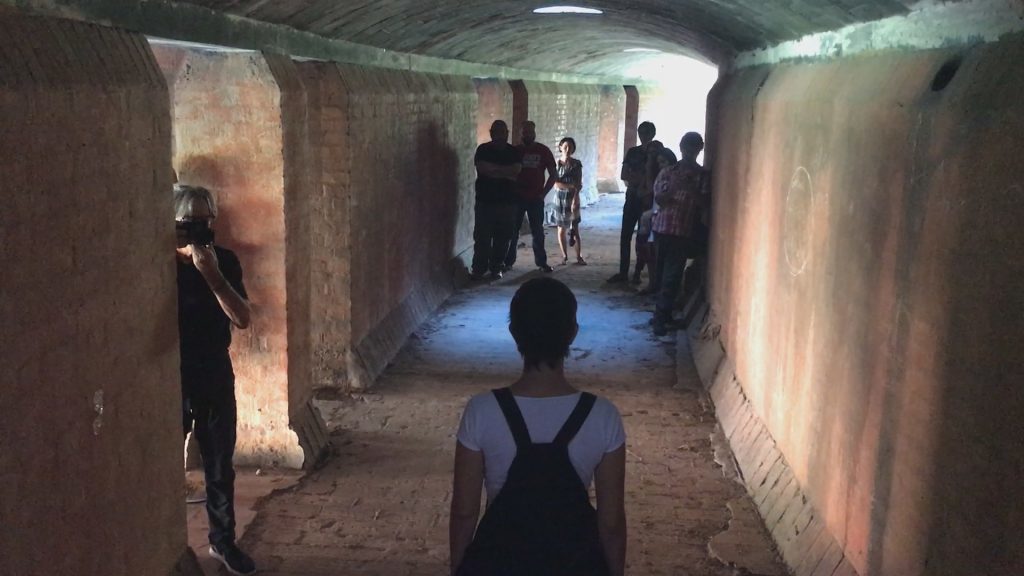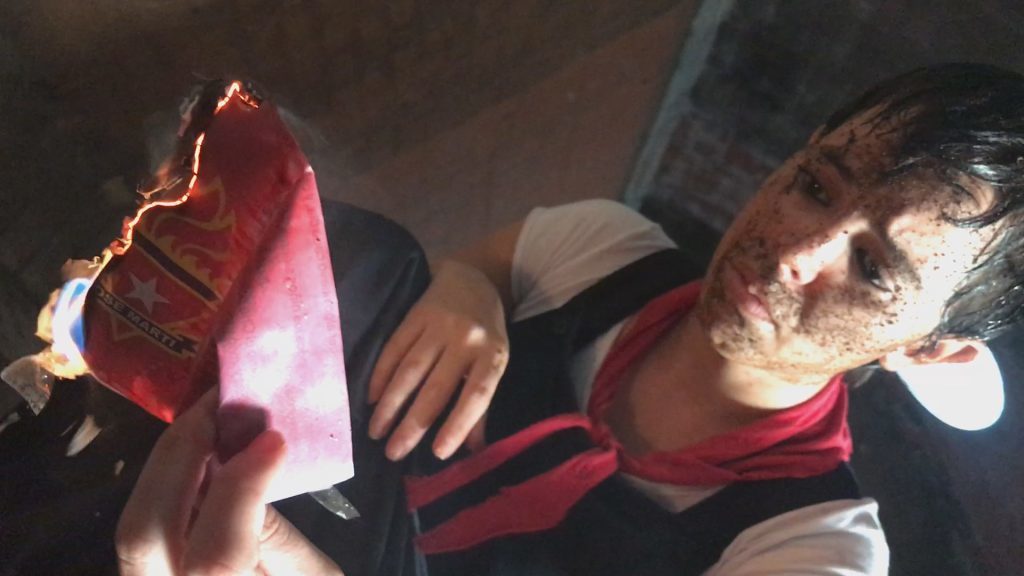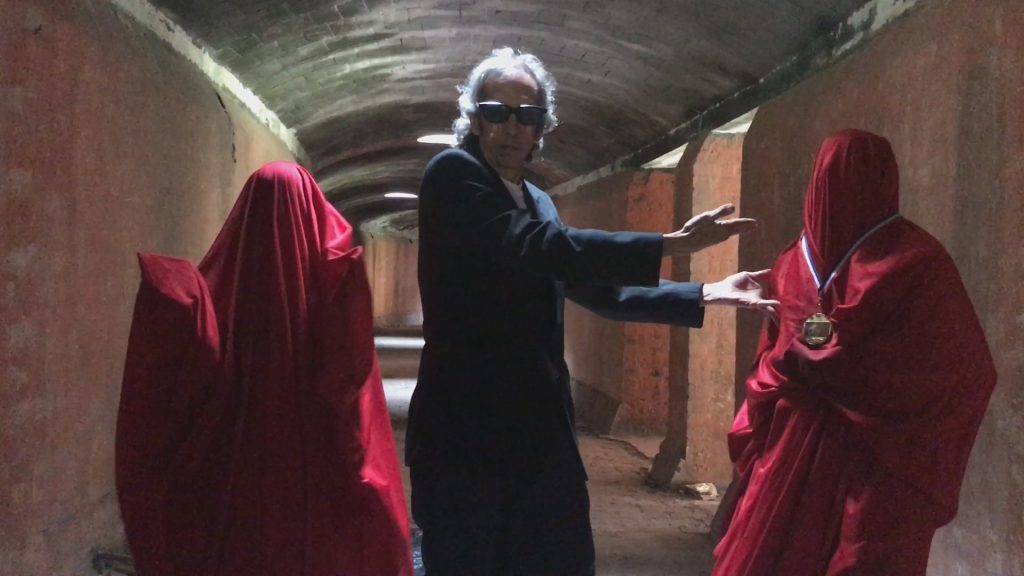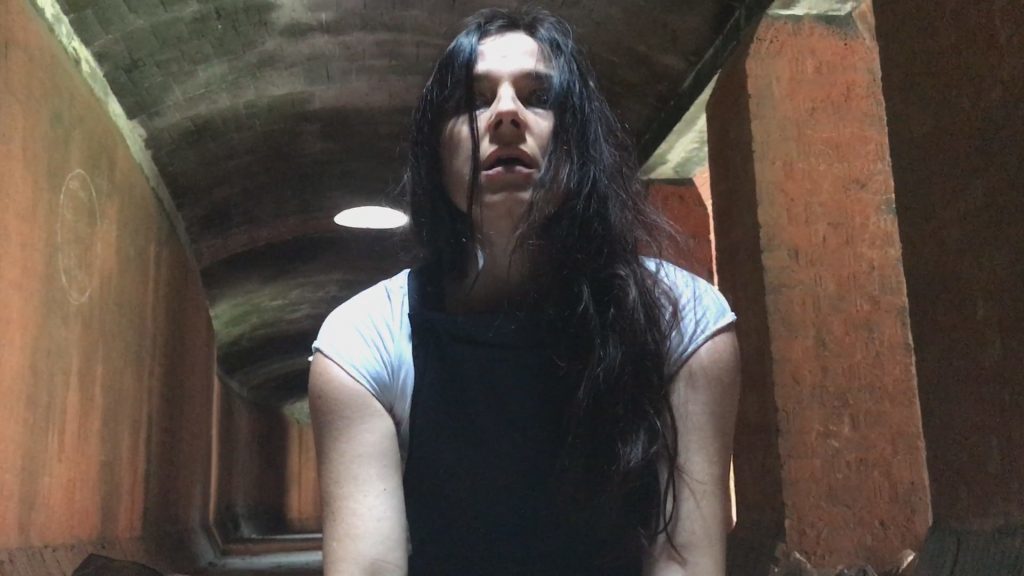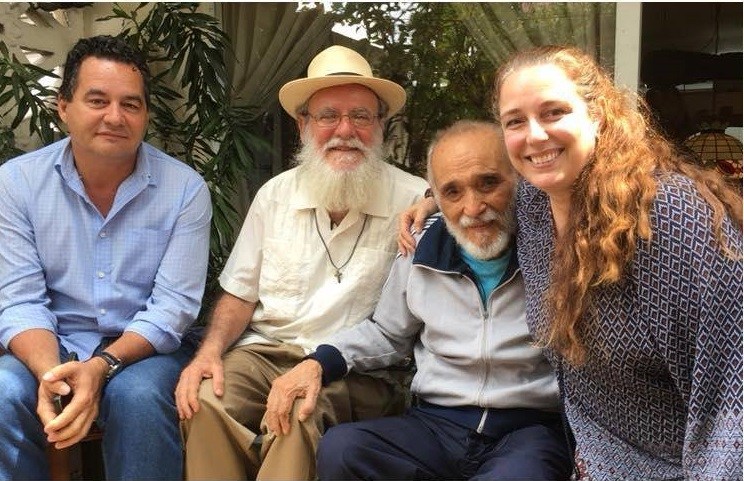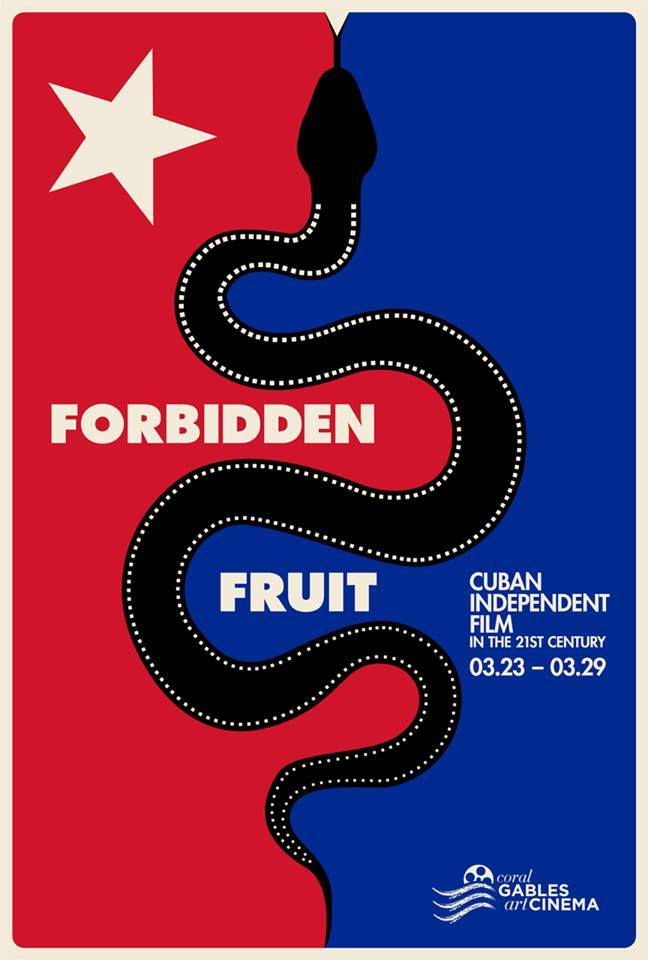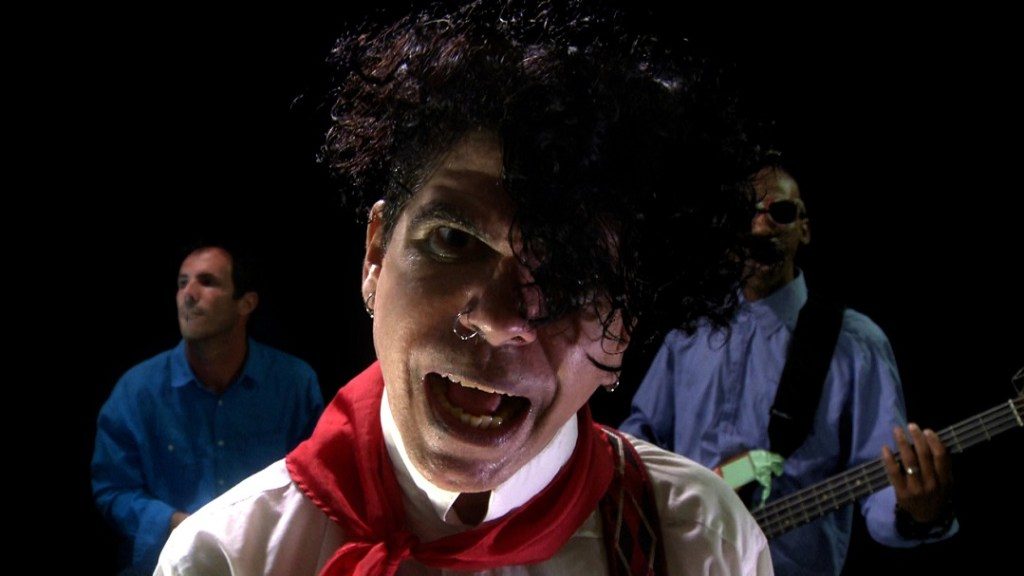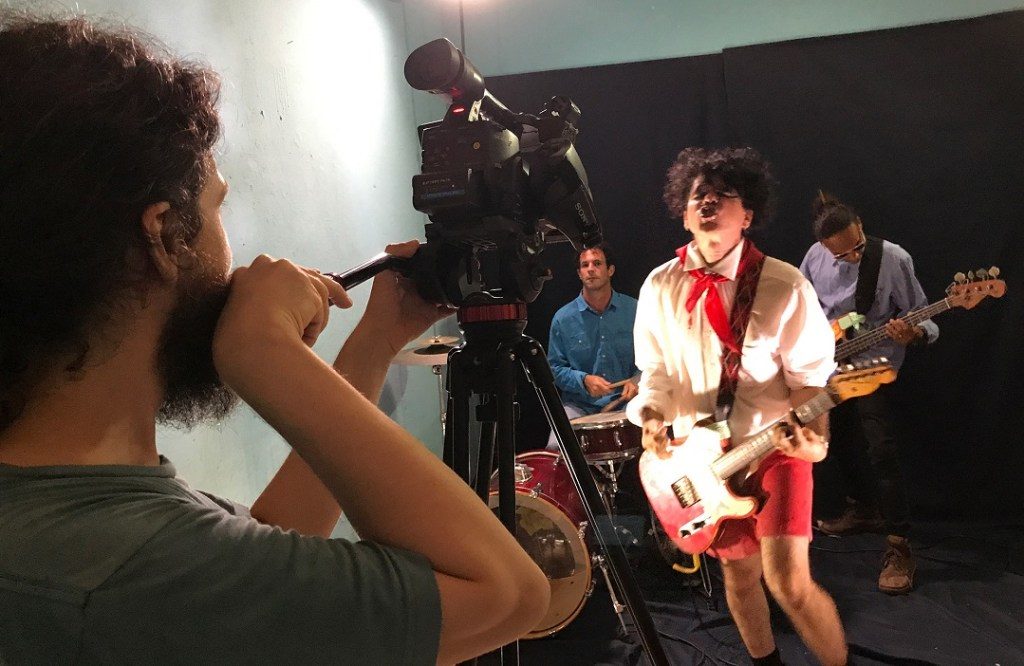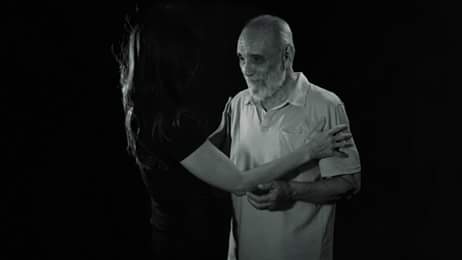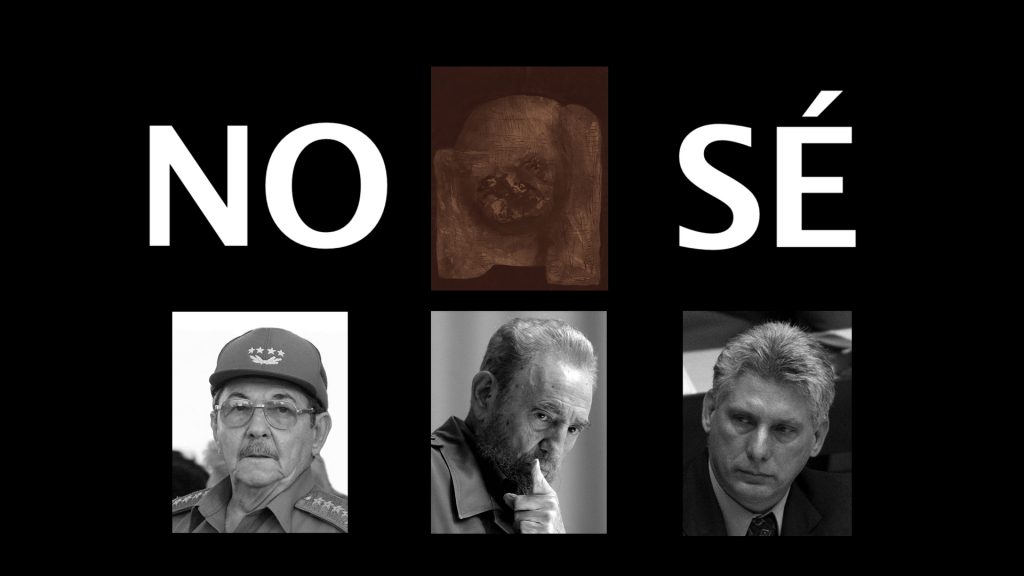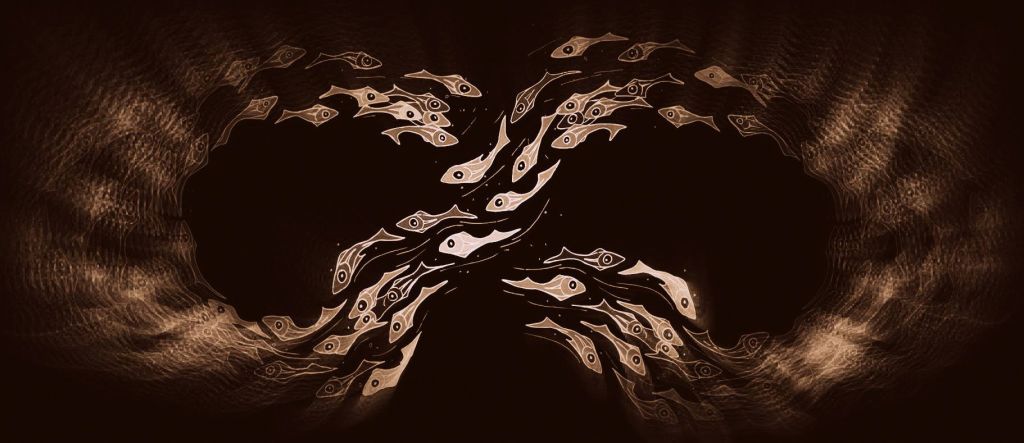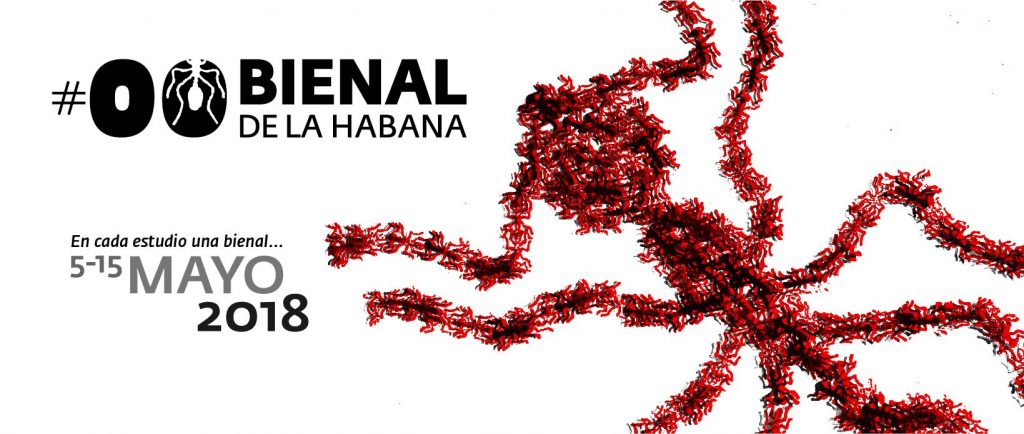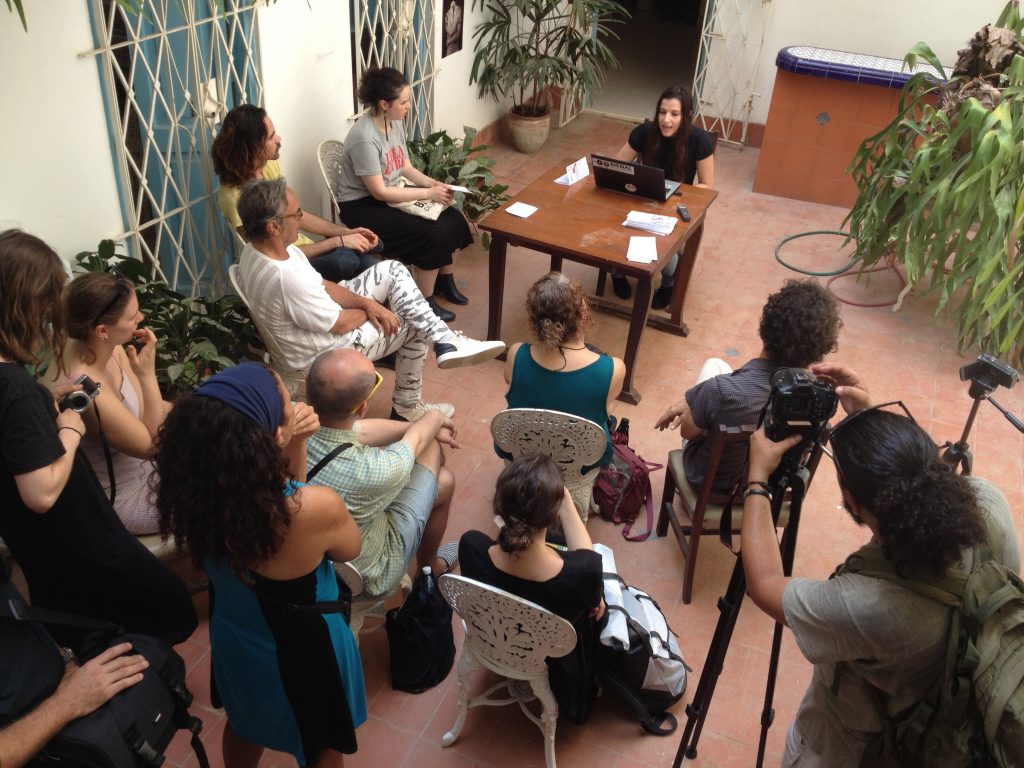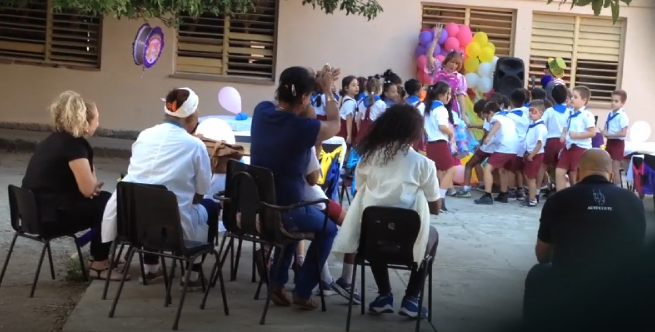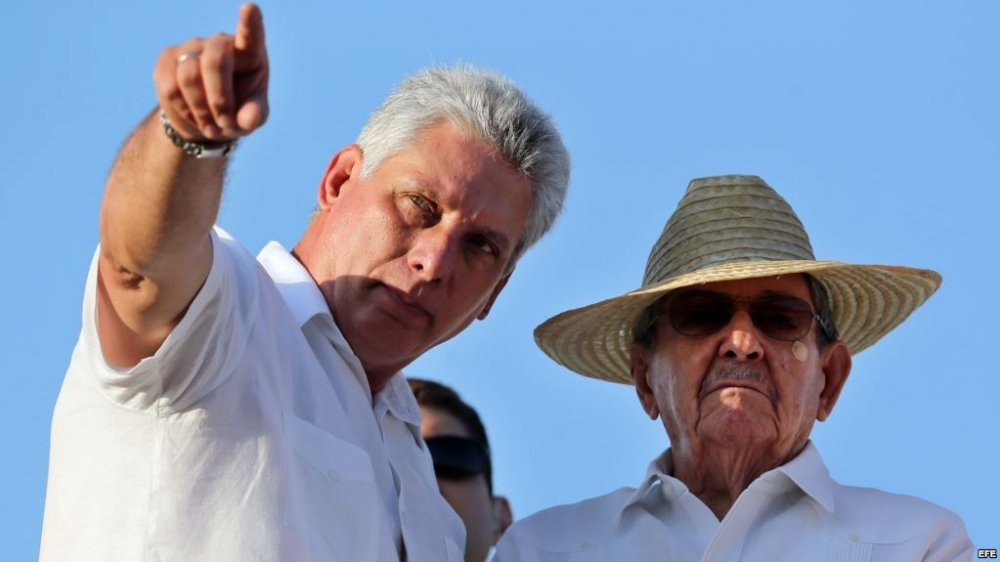
Republished from English edition of the Havana Times
Lynn Cruz, HAVANA TIMES, 17 September 2019 – Photos of Cuban people stranded at bus stops, trying to reach their destination, are really quite outrageous. While the atmosphere in the capital is becoming more and more hostile, a doctor friend tells me that Carnival is being celebrated in Las Tunas.
We’ve had to put up with Fidel Castro’s monologues for sixty years, trying to justify the unjustifiable. And as if that wasn’t enough, after he left this world, the system has rebooted itself announcing the surprise (which is totally contradictory but so real it’s frightening) of a new subject programmed in absolute obedience, to a disturbing degree: “Miguel Diaz-Canel”.
Diaz-Canel has a configured discourse and it is repulsive as a result. He echoes a line that only deceives the few. He wants to carry on brandishing the anti-Imperialism flag, when he represents a power which during the Soviet invasion of Prague, defended the nature of that attack. continue reading
He wants to make us believe that this “new crisis”, which is in fact already old, stems from the US embargo. Sixty years later, Cuba doesn’t even have its own shipping fleet to be able to transport oil. Scientist and former prisoner-of-conscience Ariel Ruiz Urquiola shared a post on his Facebook wall, paraphrasing the Cuban Apostle Jose Marti and what he said about a statesman, or public official’s inability to have foresight, which is condemnable.
What right does the president of a country have to paralyze its people, and have them on standby waiting for an oil tanker? How much longer will the Cuban people have to swallow their leaders’ never-ending monologues, who walk scot-free with the poor decisions they’ve made?
Performance artist Luis Manuel Otero Alcantara was missing for over 72 hours. This practice is becoming commonplace. Neighbors, witnesses at the time of his arrest, have said that he was beaten by at least 5 men. Fernando Rojas, the current vice-minister of Culture, put on his best cynical suit on Twitter and stated that he had seen him at an exhibition and then rejected the idea that Otero Alcantara was an artist.
Guillermo del Sol, an independent journalist, is currently holding a hunger strike so as to draw attention to psychological torture techniques, known as “white torture”, which are disguised by the illegal term: “Regulado” (regulated). This arbitrary punishment prevents independent journalists and artists who are critical of the government, from traveling outside the country. It normally happens at the immigration control in Havana’s airport. After getting a passport and visa, as well as a plane ticket, they are told they won’t be able to travel.
In Oriente (Eastern Cuba), members of the Patriotic Union of Cuba (UNPACU) were beaten and locked up while holding a peaceful protest on September 8th. Ovidio Martin Castellanos was one of them and he was sentenced to 5 months in jail and given a 2000 peso fine, to set an example. Everybody knows that people from the east of the country migrate to the west in search of better economic conditions. It isn’t strange that there is a strong movement of people from this region of the country, given their living conditions, that’s to say, they don’t have much to lose.
This is all going on today and the Cuban government, especially the president, seems to be ignoring the situation because it is unpleasant. Yet his triumphalist statements only feed the population’s unhappiness and create more anger. The government is hijacking civic initiatives such as petitions and taking them as their own, using blackmail at workplaces and state-run education institutions which are the majority. So, the Cuban people will now need to sign in support of their leaders’ shoddiness.
My question is: where will their dysfunctional system lead us? Has anyone in power realized that they’ve gone completely off the rails? Do they care about deforming generations and generations of Cubans in an environment of simulation and violence? Will they understand what it means to lose all of the values that they talk about so much? When will they recognize that this also has to do with the entrenchment situation which they have forced the Cuban people into, in the name of freedom for the few?
I once heard someone say that people have the leaders they deserve. Today, I think the opposite is true: governments have the people they deserve.

